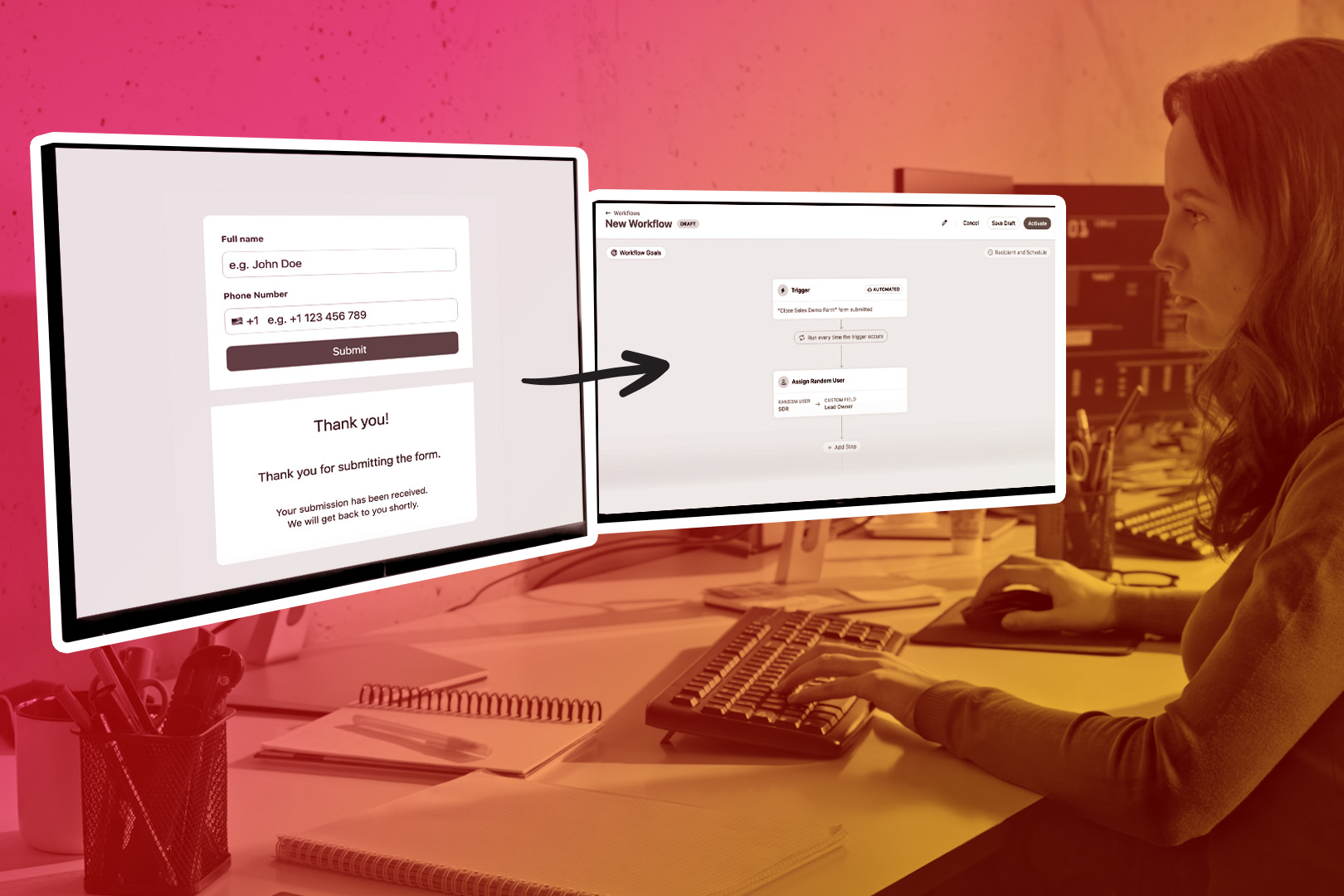Whether you are a CEO, an intern, or a solo founder, you have to rely on others to do their part so you can do your job. Your success depends on how well others cooperate with you. If you manage those relationships well, you'll be able to get a great deal done and make a lot happen.
Want more tips on how to become a priority for anyone? Grab my latest book, The Follow-Up Formula.
Difficulty Getting Others to Do Things?
Do you often find that people commit but then give you all kinds of excuses for why they didn’t?
Do you often hear, “Oh, I’m sorry, I forgot about that,” or “I didn’t have the time to do that yet”?
I almost never hear these words, and it’s not because my LinkedIn profile has “CEO” in its title. I manage people with the power of follow-up.
Straightforward Management
Many management books are out there, full of big words and fancy concepts. I don’t think you need any of them. I’ve got a very simple, straightforward method I’ve used for much of my entrepreneurial career, and it’s one of the most valuable tools in my management repertoire.
It ensures that my stuff gets taken care of whenever I work with someone. It doesn’t fall through the cracks, and it’s not the thing that people didn’t get around to yet. To illustrate the point ...
Let me Tell You a Little Story.
About fifteen years ago, my two brothers were running a small business. They always used this one print shop to create promotional materials: flyers, posters, signage, etc. The shop owner was a cool and ambitious young guy—a crazy, creative, fun guy, but pretty chaotic.
Working with Someone Who’s Always Late, Never Right
My brothers liked the guy. He knew his stuff, had the skills, and was a great craftsman. And he did the work for cheap, too.
But they didn’t like his way of working: He was chronically late, often making mistakes. Flyers would arrive late, and posters were printed with errors. He was so disorganized that my brothers constantly dealt with mishaps and felt frustrated. But they didn’t do anything about it—they just kept complaining.
Don’t Complain About Problems. Find Solutions!
One day, after my brother got off a call with the guy, he vented his frustration to me:
“He’s always late! He never keeps his deadlines! And not only is he late, but there’s always something wrong with the prints!”
Maybe you have that kind of person somewhere: someone who is consistently late and consistently delivers work that doesn’t meet your expectations.
If you see this pattern, you can do one of these three things:
- Understand that this is how this person works. Don’t expect perfect work on the agreed deadline, and don’t get worked up and stressed out each time they miss something. Instead, schedule enough buffer time for missed deadlines and revisions.
- Manage that person better so they stop being late and deliver great quality.
- Find someone else to work with.
I won’t elaborate on points 1 or 3—they’re self-explanatory.
But let’s talk about point 2.
Managing People More Effectively
That sounds difficult. But it really isn’t.
Here’s the thing: I was running my own business then and working with the same chaotic, creative print guy.
And you know what?
He was never late. He always delivered on time. The prints were always meticulous.
Do you know why?
It was not because the guy liked me more, not because I paid the guy more, not because I was a better customer.
It was simply because I kept following up with that guy more. I communicated more effectively with him than my brothers did.
How to Become a Priority
Let’s say I wanted some flyers done by Wednesday next week.
I’d tell the guy what I wanted, and by when I wanted it, and once he agreed, I’d say, "Are you one hundred percent certain that you can deliver this to me by next Wednesday?”
Print guy: “Yeah, sure!”
What did that do?
The guy expected that I’d follow up with him. He expected my calls. He knew I’d be on top of this, and he knew I cared that the job would be ready by Wednesday.
So when he was in the midst of his busy day with a thousand things to take care of, guess what was on top of his mind?
“Oh yeah, I need to do this for Steli because he’ll call on Monday.”
Don’t be an asshole about it. But don’t be weak about it, either. Do it with friendly strength.
This is even more important when you work with people continuously. If you do it consistently, they will expect it from you and treat you accordingly.
When they commit to something, they’ll know you will hold them accountable to their promises. It conditions people to make you a priority.
It’s Your Responsibility to Get the Best out of People You Work with
If someone lets you down or doesn’t deliver as promised, cut them off or take responsibility for managing them better next time. Everybody has a lot on their plate, and everyone's attention is simultaneously pulled in a dozen directions.
If you want not to get lost in the noise but to stand out and become a priority, be sure to over-communicate. Follow up more persistently than everybody else, and you’ll achieve things other people can’t achieve.
That’s how you crush it. That’s how you manage other people powerfully and become a priority: just keep following up persistently.
Discover how to strengthen your professional relationships and get more results by receiving a free copy of The Follow-Up Formula now.










.jpg)

